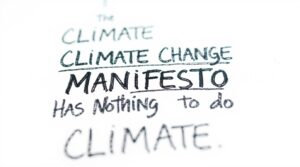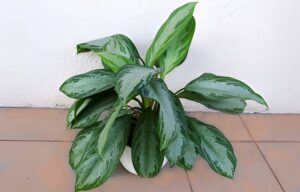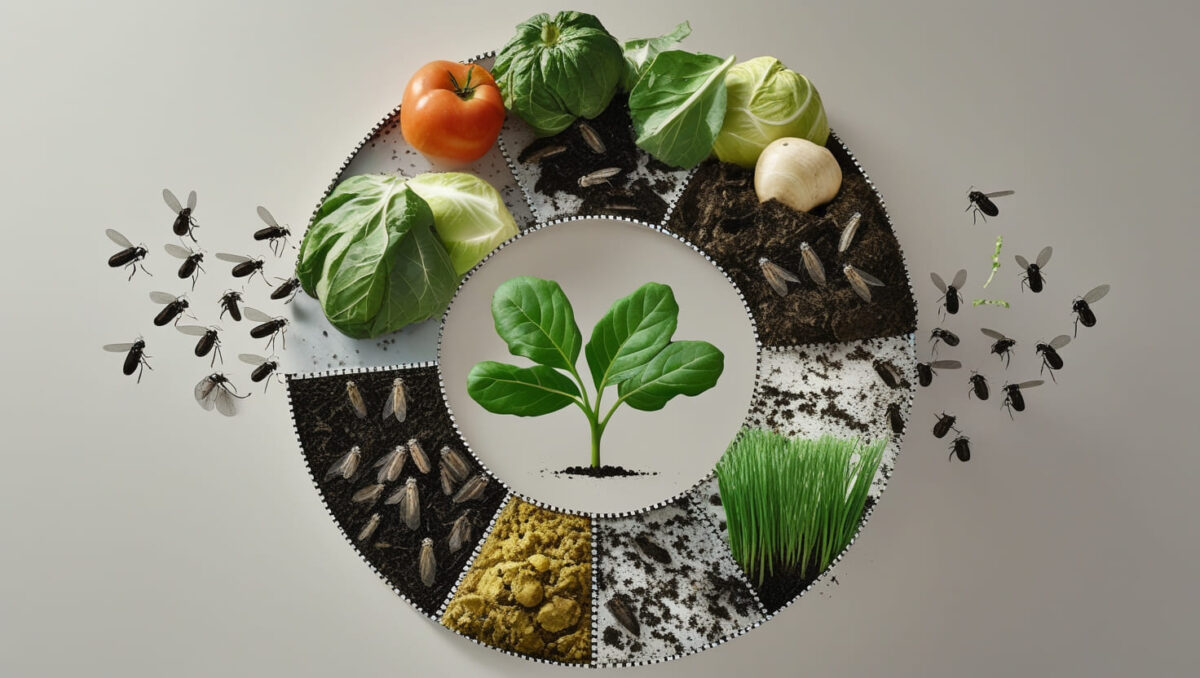
Two groundbreaking biotechnology companies, BugEra and Goterra, are revolutionizing the $70 billion waste management industry through innovative insect-based technologies, marking a significant shift in how global food waste is processed and recycled.
The companies, operating in different hemispheres, are pioneering advanced solutions using Black Soldier Fly (BSF) technology to convert organic waste into valuable resources, with early adoption from major retailers and significant backing from international investors.
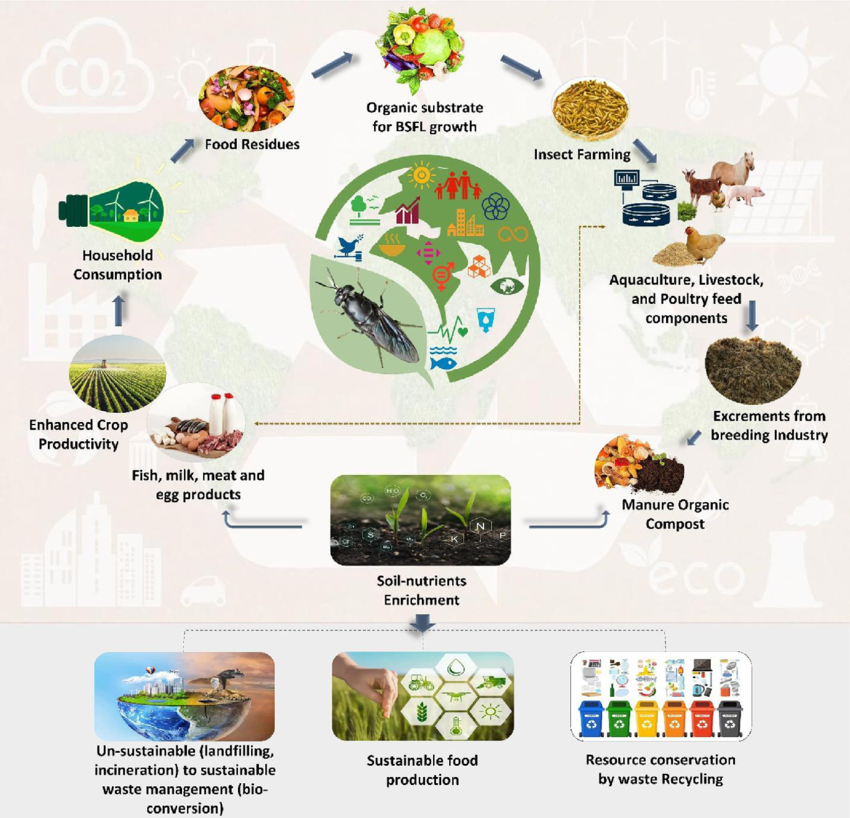
BugEra, an Israeli-American venture, has developed a genetically enhanced BSF strain that doubles oil production for biofuel, while Australian-based Goterra is expanding its network of modular waste processing facilities, recently securing a $3.5 million plant investment in Western Sydney.
“What we’re seeing is a fundamental transformation in waste management,” says Yoav Etgar, Co-founder and CEO of BugEra. “Our Modified Black Soldier Fly platform represents a breakthrough in both efficiency and scalability.”
Woolworths, Australia’s largest supermarket chain, has already partnered with Goterra, expanding their initial 2020 trial in Canberra to a broader implementation across Sydney. The collaboration demonstrates growing commercial confidence in insect biotechnology solutions.
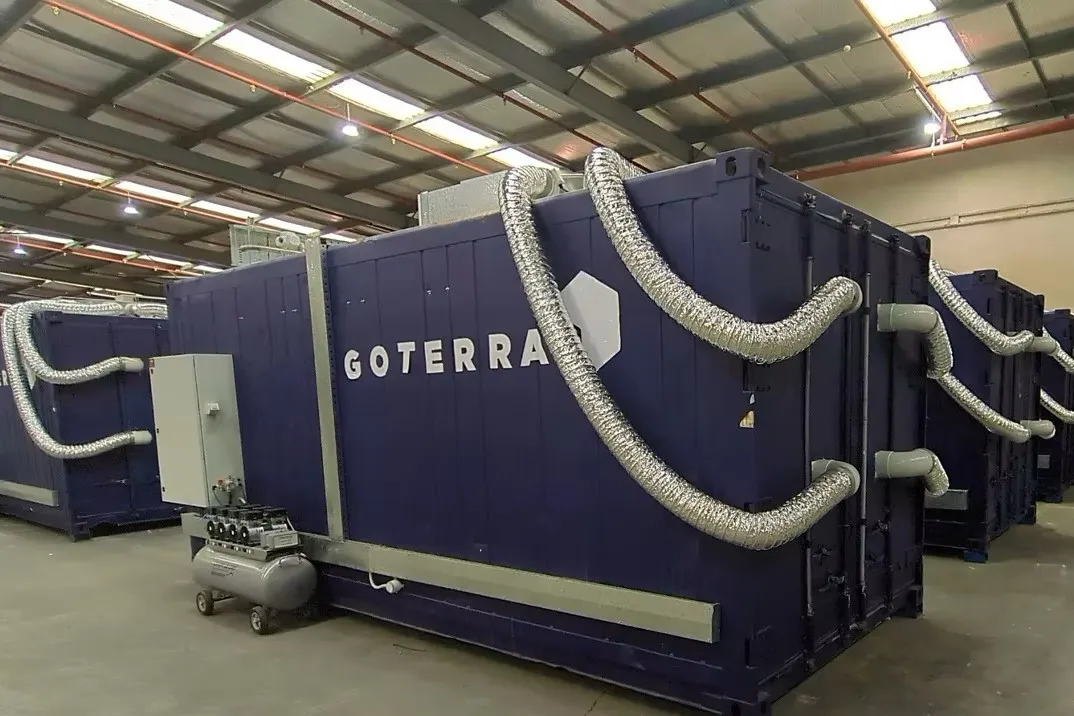
BugEra’s proprietary BSFx2 strain, developed through advanced genetic engineering, has captured attention from global investors, including Milltrust International, which selected the company after evaluating over 60 BSF producers worldwide.
The technology’s efficiency is remarkable: Goterra’s system converts food waste into high-value protein and fertilizer in just 12 days, while BugEra’s enhanced BSF strain produces twice the standard oil volume for biofuel production.
Both companies are addressing critical environmental challenges. Traditional waste management methods contribute significantly to greenhouse gas emissions, while these insect-based solutions require minimal land use and infrastructure.
“The beauty of our system lies in its modularity and scalability,” explains a Goterra spokesperson, referring to their shipping container-based processing units deployed in Albury and soon in Wetherill Park, 38km west of Sydney’s CBD.
Environmental experts praise these innovations as crucial steps toward achieving global sustainability goals. The technologies align with United Nations Sustainable Development Goals, particularly regarding responsible consumption and production patterns.
Industry analysts project substantial growth in the insect-based waste management sector, with both companies positioned as key players in the emerging circular bioeconomy.
While regulatory hurdles and public acceptance remain challenges, the successful commercial partnerships and continued investment suggest growing momentum for this revolutionary approach to waste management.
The companies’ complementary approaches – BugEra’s focus on genetic enhancement and Goterra’s emphasis on modular infrastructure – demonstrate the versatility of insect biotechnology in addressing global waste challenges.
As these technologies continue to evolve and gain market acceptance, they represent a significant step forward in sustainable waste management, offering a glimpse into the future of global waste processing and resource recovery.
How Goterra and BugEra measure up:
| Feature | BugEra (BSF) | Goterra (BSF) | Mealworm Innovations | Integrated Systems | Traditional Composting |
|---|---|---|---|---|---|
| Genetic Engineering | Yes | No | No | No | No |
| Waste Types | Organic waste | Food waste | Food waste, plastics | Organic waste + plastics | Organic waste |
| Product Output | Animal feed, biofuels | Protein, fertilizer | Biomass | Biochar + nutrient-rich substrates | Compost |
| Infrastructure Needs | Minimal | Modular units | Moderate | High | Low |
| Scalability | High | Scalable, Decentralized | Moderate | Variable | Moderate |
| CO2 Emissions Reduction | Not specified | Up to 97% vs landfill | Not specified | Not specified | Lower than BSF |
Dr. Sarah Chen, Director of Sustainable Technologies at MIT’s Environmental Solutions Lab, emphasizes the transformative potential of these innovations. “We’re looking at technology that could potentially process up to 1.3 billion tons of food waste annually. The environmental impact is staggering – we could reduce landfill methane emissions by up to 40% while simultaneously producing sustainable protein and biofuel.”
The economic implications are equally impressive. Market analysis firm BloombergNEF projects the insect-based waste management sector could reach $143 billion by 2030, with particularly strong growth in Asia-Pacific and North American markets. “What BugEra and Goterra have achieved goes beyond waste management,” says Marcus Thompson, lead analyst at BloombergNEF. “They’re creating entirely new value chains from what was previously considered garbage.”
Recent data from pilot programs demonstrates the technology’s efficiency. Goterra’s facilities can process up to 20 tons of organic waste daily per module, while BugEra’s enhanced BSF strains show a 90% waste reduction rate within two weeks. This represents a processing speed nearly four times faster than traditional composting methods.
“The game-changing aspect isn’t just the speed or efficiency,” explains Dr. Elena Rodriguez, environmental policy advisor to the European Commission. “It’s the creation of a truly circular system where waste becomes a valuable resource. BugEra’s genetic engineering breakthroughs, combined with Goterra’s scalable infrastructure model, could revolutionize how cities handle organic waste worldwide.”
Looking ahead, both companies are exploring expanded applications. BugEra is developing specialized BSF strains for pharmaceutical and cosmetic applications, while Goterra plans to integrate AI-driven monitoring systems to optimize waste processing efficiency. The companies are also in discussions with several major metropolitan areas about implementing large-scale waste management solutions.
“We’re just scratching the surface,” says BugEra’s Etgar. “The potential applications extend far beyond waste management. We’re talking about a technology that could help address global food security, reduce carbon emissions, and create sustainable alternatives to fossil fuels – all while solving our waste crisis.”
As these technologies continue to evolve and gain widespread adoption, they represent not just an innovation in waste management, but a fundamental shift in how society views and processes organic waste. With climate change concerns mounting and landfill capacity diminishing, these insect-based solutions may well represent the future of sustainable waste management.
References:
Circular bioeconomy: The business opportunity contributing to a sustainable world, PDF
What is the bioeconomy and how can it drive sustainable development?, WEF, Jul 12, 2024
Circular Bioeconomy in Action: Transforming Food Wastes into Renewable Food Resources, MDPI, 23 September 2024
Insect farming: A bioeconomy-based opportunity to revalorize plastic wastes, PUBMED, Dec 24, 2024
Insect-powered food waste management solution for hospitality industry, Sustainability Matters AU, 10 November, 2023
Insect-based agri-food waste valorization: Agricultural applications and roles of insect gut microbiota, PUBMED, 21 May 2023
Insect Farming: A Sustainable Solution to Food Waste, FlyBox, September 18, 2024

